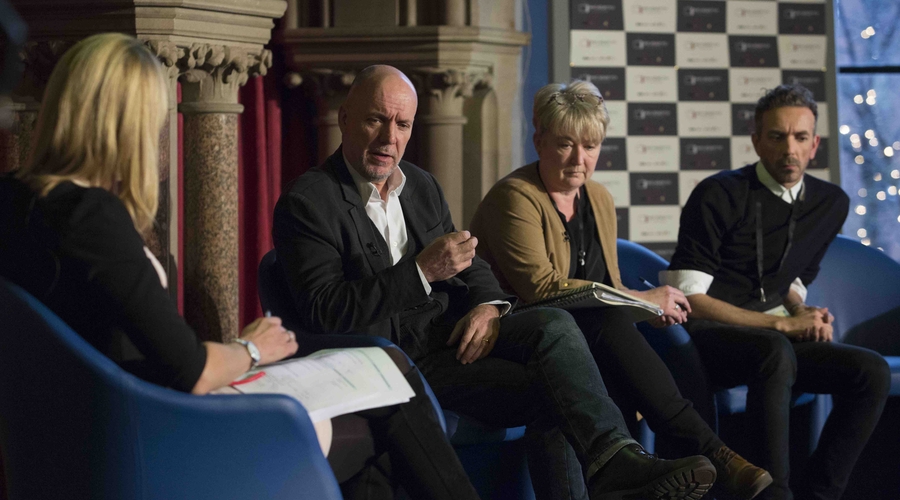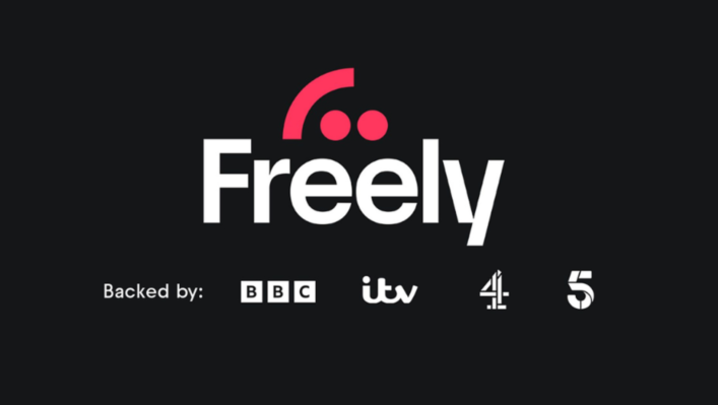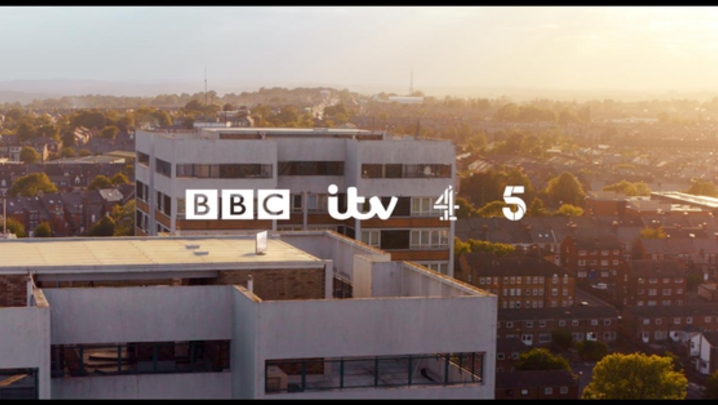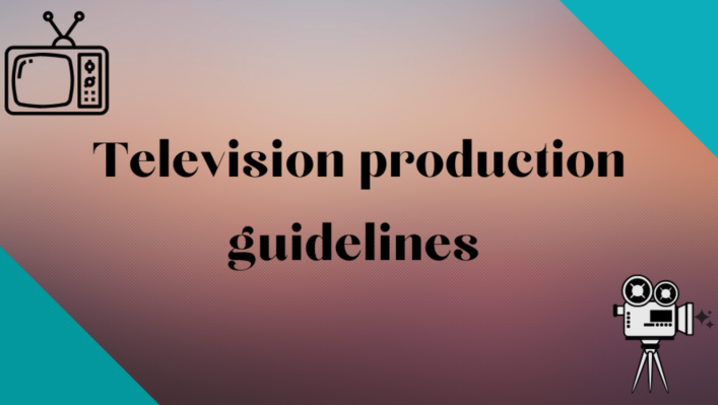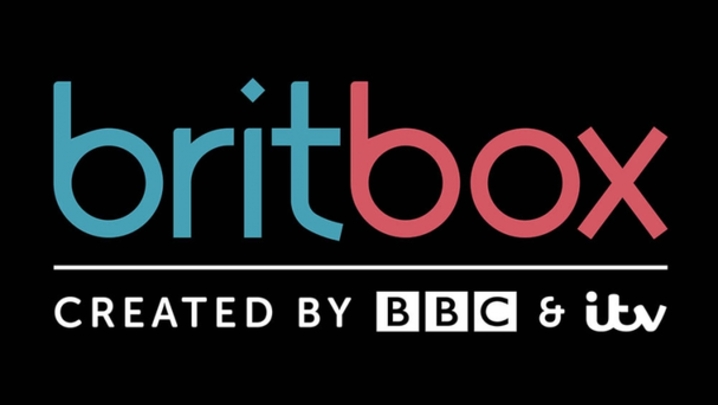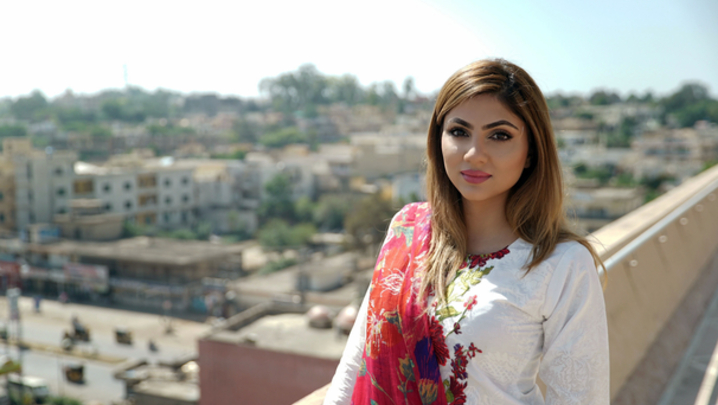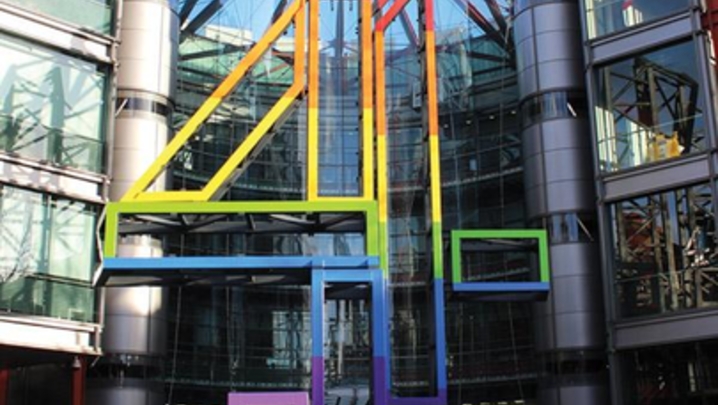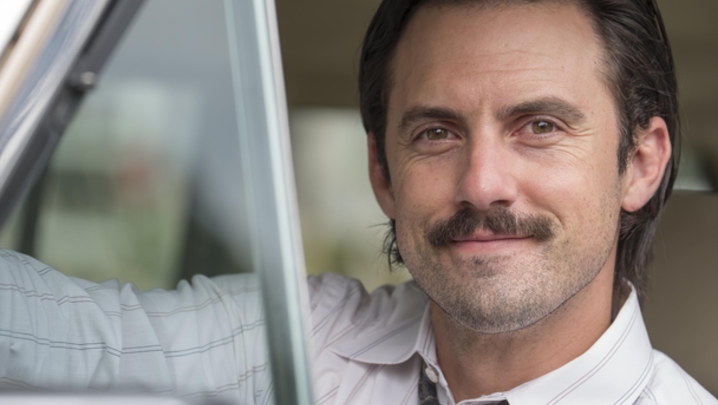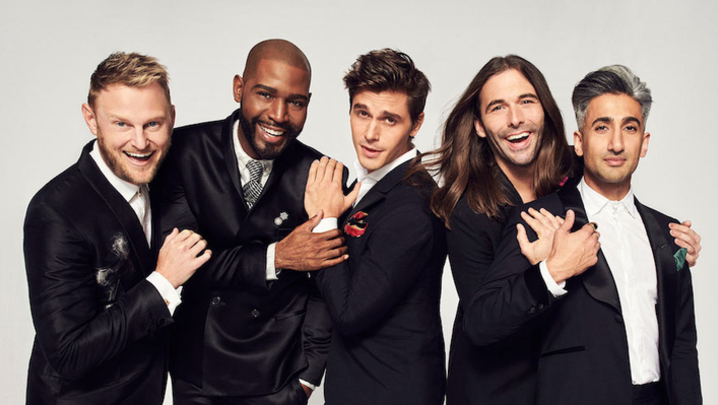Viewers of TV programmes like Channel 4’s Benefits Street, and Channel 5’s Benefits Britain and Can’t Pay, We’ll Take It Away are unlikely to feel empathy for the shows’ subjects.
This was one of the key findings of new research undertaken by the BBC looking at a style of television often described as “poverty porn” by TV reviewers.
The study was unveiled at a conference in Manchester, Who Benefits? TV and Poverty.
The event was backed by the RTS, the BBC, the Joseph Rowntree Foundation and the National Council for Voluntary Organisations.
Click here to watch the full video of the event.
“These programmes are very well watched,” said David Bunker, Head of Projects at BBC Audiences. “They have large audiences compared to the slot average.”
The first series of Channel 4’s Benefits Street achieved an audience of 5.9 million and was the broadcaster’s most successful show of 2014.
Series like Benefits Britain and Can’t Pay, We’ll Take It Away have subsequently becomes mainstays of Channel 5’s schedule.
Bunker said there is “no consistent emotional response to these programmes.”
But when respondents were asked if watching these shows made viewers more or less sympathetic to their subjects’ situation, the majority said it made no difference.
“There was a slight tendency for people to say the programmes made them feel less sympathetic,” said Bunker.
When audiences were asked who they thought was responsible for people being poor, most said it was “their own fault.”
Affluent men living in England were most likely to see poverty in this light.
The majority of people – about 79% - think that poverty is an issue, according to the research.
However, most respondents fail to regard poverty as a pressing issue.
Shows such as Benefits Street and Benefits Britain are most popular with young, less well-off women, according to BBC research.
“The key thing is that people come to these programmes to see lives of real people,” said Bunker.
“People bring their own views and prejudices to these programmes. One person will see scroungers.
“Another will see somebody who thinks it (poverty) is not their own fault.”
Danny Horan, BBC Commissioning Editor, Documentaries, said he was “gutted by the research.”
He thought it was “really disappointing” that audiences appeared to lack sympathy for the plight of the poor.
“We are failing somewhere,” he said, “It is not just our job to do charities’ work for them but hopefully we are trying to inform and educate a bit.
“We should probably be trying harder to make people think.”
Guy Davies, Commissioning Editor, Factual, Channel 5, said that audiences viewed programmes that portray poor people “in two minds.”
“People are intrigued, they are entertained…but at the same time I think they watch with a degree of sympathy and understanding,” he said.
Who Benefits? TV and Poverty was held at Manchester Town Hall, November 30. A full report of the event will be published in the January edition of Television

